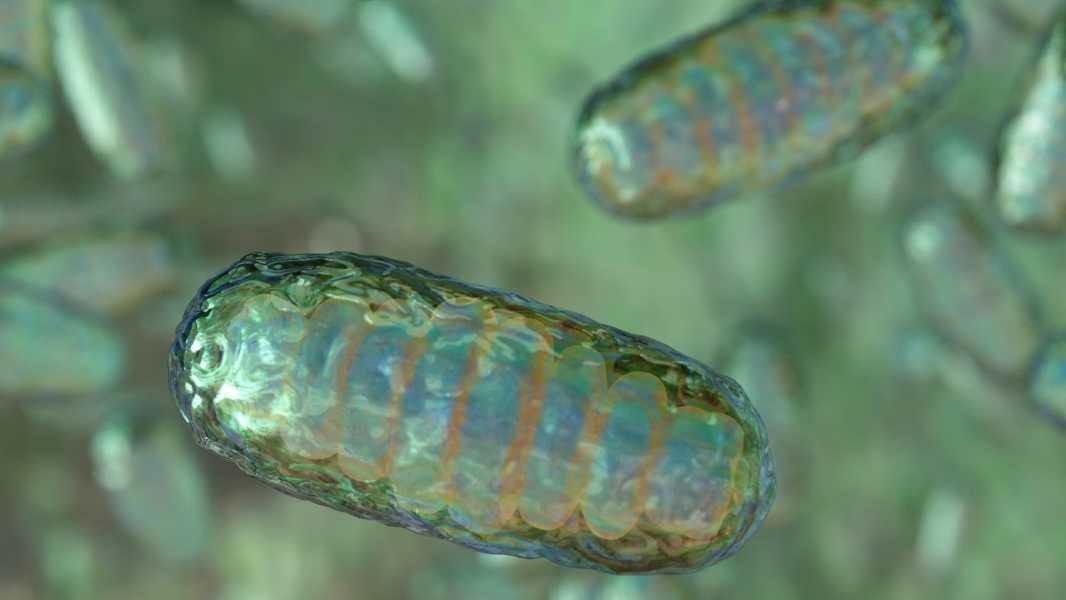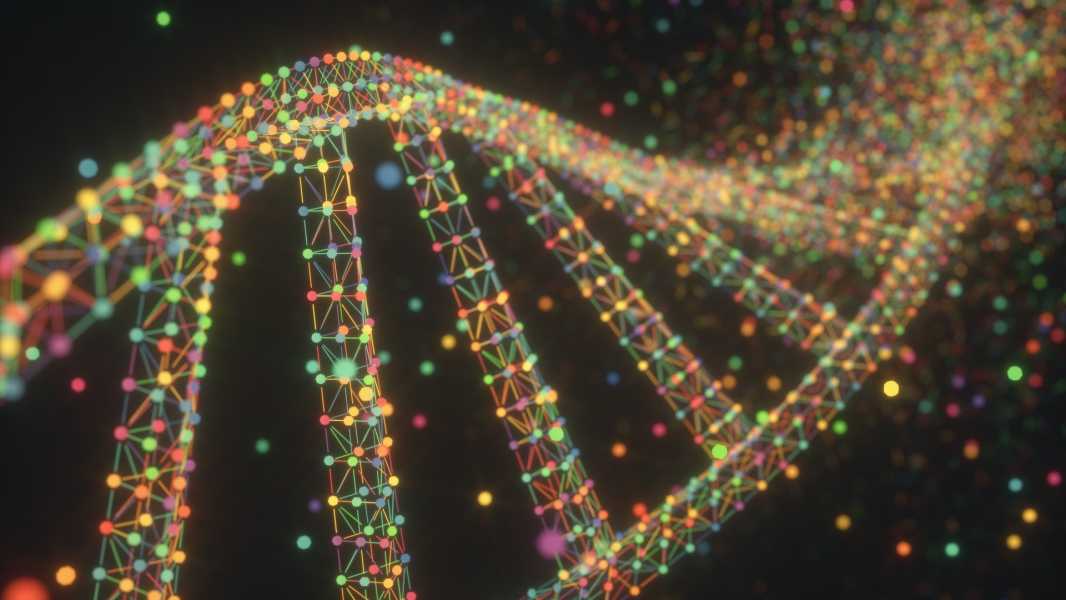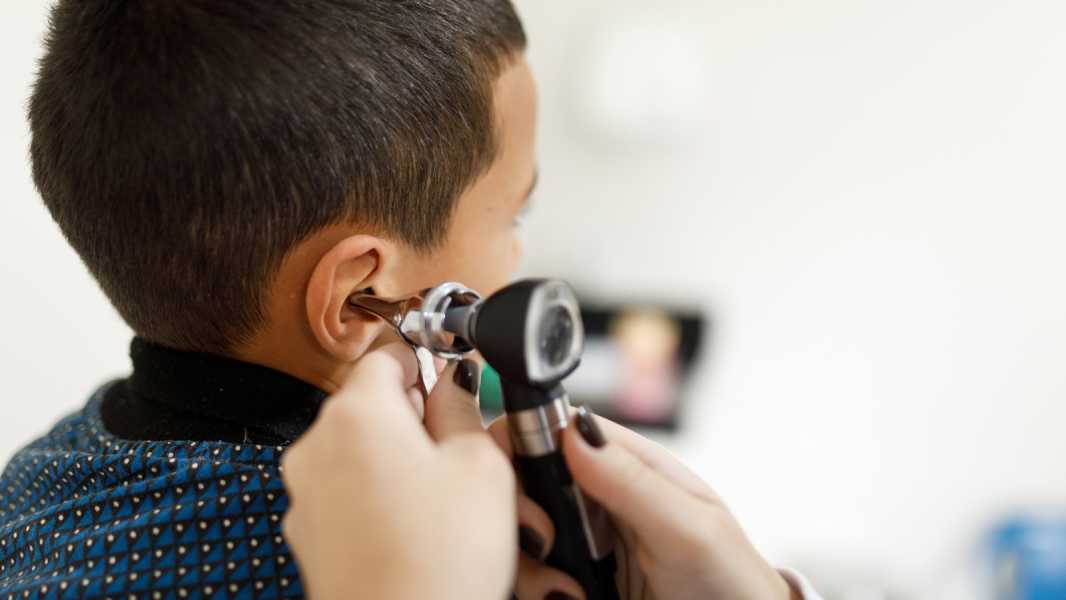
Mitochondria (pictured) have unique DNA, but mutations in that DNA can lead to incurable diseases. New research aims to find ways to reduce the likelihood of these diseases. (Image credit: MARK GARLICK/SCIENCE PHOTO LIBRARY via Getty Images)
Mitochondria, the powerhouses of cells, have their own unique DNA that is passed from mother to child, but sometimes this DNA can contain mutations that contribute to diseases for which there is currently no cure.
In a new clinical trial, eight children who were at high risk of inheriting such diseases from their mothers were apparently saved thanks to a new technology known as mitochondrial donation.
The method used in this study has been in development for many years and is just beginning to be used in humans. The first attempts at mitochondrial donation were described in experiments on mice published in the 1980s, said study co-author Mary Herbert, a professor of reproductive biology at Monash University in Melbourne.
You may like
-

American child receives first-ever personalized treatment for genetic disease using CRISPR
-

In the first study, congenital deafness in adolescents and adults was treated with a new gene therapy.
Sourse: www.livescience.com





